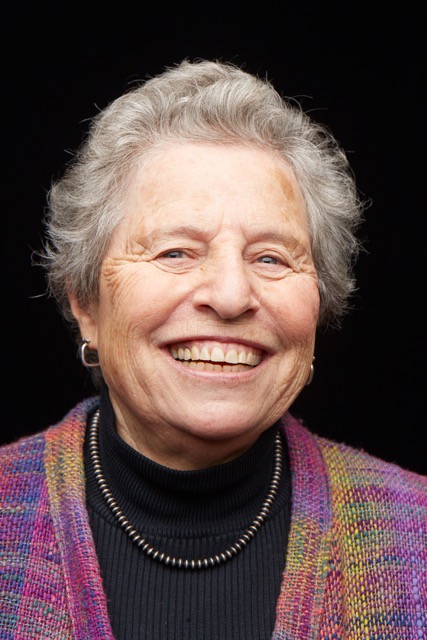
June 2, 2020 - Promoting Older Adult Health Equity During COVID-19 Times and Beyond: Evaluating the Public Health Impact of Remote Evidence-Based Programs
This call will offer participants an opportunity to learn how grantees are offering evidence-based programs during the coronavirus pandemic. In grand rounds style, grantees will share how they are delivering EBPs in the virtual/remote environment, successes of their work, and lessons learned. Join the call to learn about virtual delivery of EBPs, collaborate with others across the country, and ask questions to help your organization work towards offering and/or improving your EBP virtual delivery.
Recorded: 06/02/2020

Lesley Steinman MSW, MPH (she/her)
Research Scientist
University of Washington School of Public Health
| Lesley Steinman, MSW, MPH is a Research Scientist at the Health Promotion Research Center, a CDC-funded Prevention Research Center at the University of Washington School of Public Health, and a Director at the Evidence Based Leadership Collaborative. Ms. Steinman partners with community-designed and delivered evidence-based program (EBP) participants, practitioners, and policymakers to understand, adapt, deliver, and sustain EBP delivery with diverse settings and populations across the country to improve older adult health equity. |

Kate Lorig, Dr.P.H.
Partner
Self-Management Resource Center
Kate served as the Director of the Stanford Patient Education Research Center and Professor of Medicine in the Stanford School of Medicine. She earned her bachelor’s degree in nursing at Boston University, and her masters and doctorate of public health in health education at the University of California, Berkeley. She came to Stanford in 1979 while a graduate student at Cal to develop and research an educational program that emphasized self-help skills for people with arthritis. This program became the Arthritis Self-Help Course and was the prototype for the Chronic Disease Self-Management Program, The Diabetes Self-Management Program, the Positive Self-Management Program for HIV, the Cancer: Thriving and Surviving Program, the Building Better Caregiver's Program, the Chronic Pain Self-Management Program, and others. She has authored several books and many articles about arthritis, chronic disease in general, health education and behavioral science. She travels extensively at the invitation of organizations concerned with patient care and academic research. She lives in Mountain View, CA, with her 2 cats and a collection of Native American art.

Jennifer Tripken, Ed.D., CHES
Associate Director, Center for Healthy Aging
National Council on Aging
Dr. Jennifer L. Tripken is an Associate Director, Center for Healthy Aging at the National Council on Aging. In this role, Jennifer supports the expansion and sustainability of evidence-based health promotion and disease prevention programs in the community and online through collaboration with national, state, and community partners. Prior to joining NCOA, Jennifer worked for eight years as a university professor in Health Education and Promotion. Before that, Jennifer spent six years as a middle and high school Health Education teacher in New York.
Jennifer earned her Ed.D. in Health Education at Teachers College, Columbia University, her M.Ed. in Health Education at Boston University, and her B.S. in Athletic Training at Pennsylvania State University.